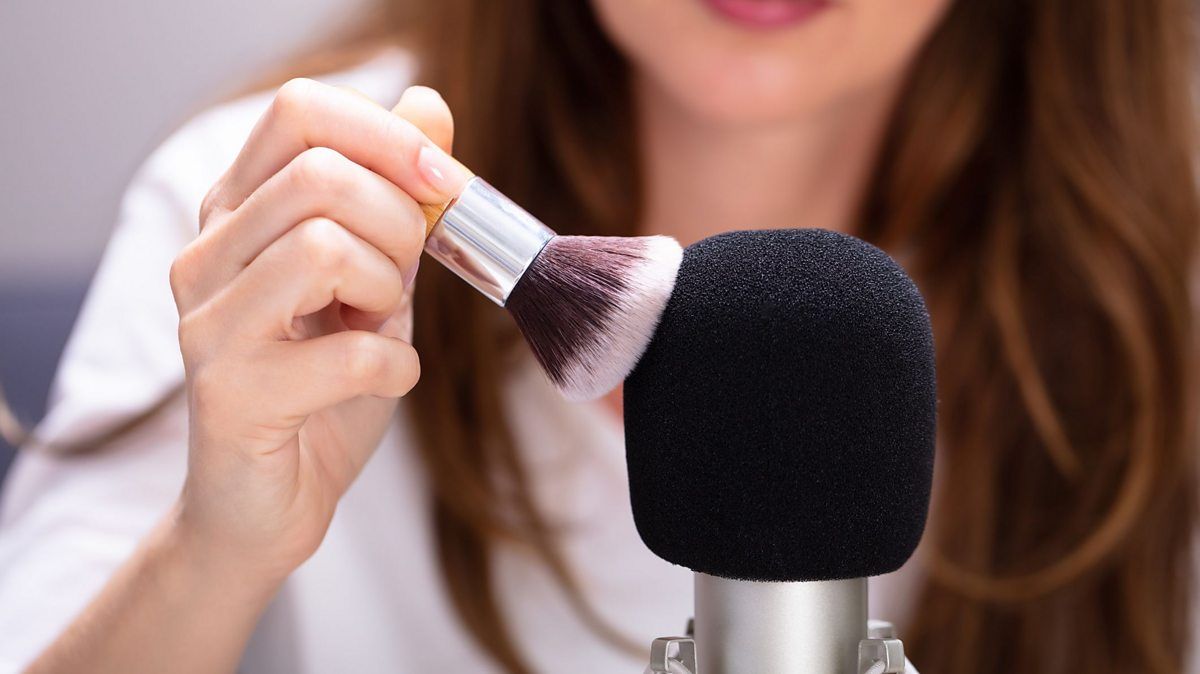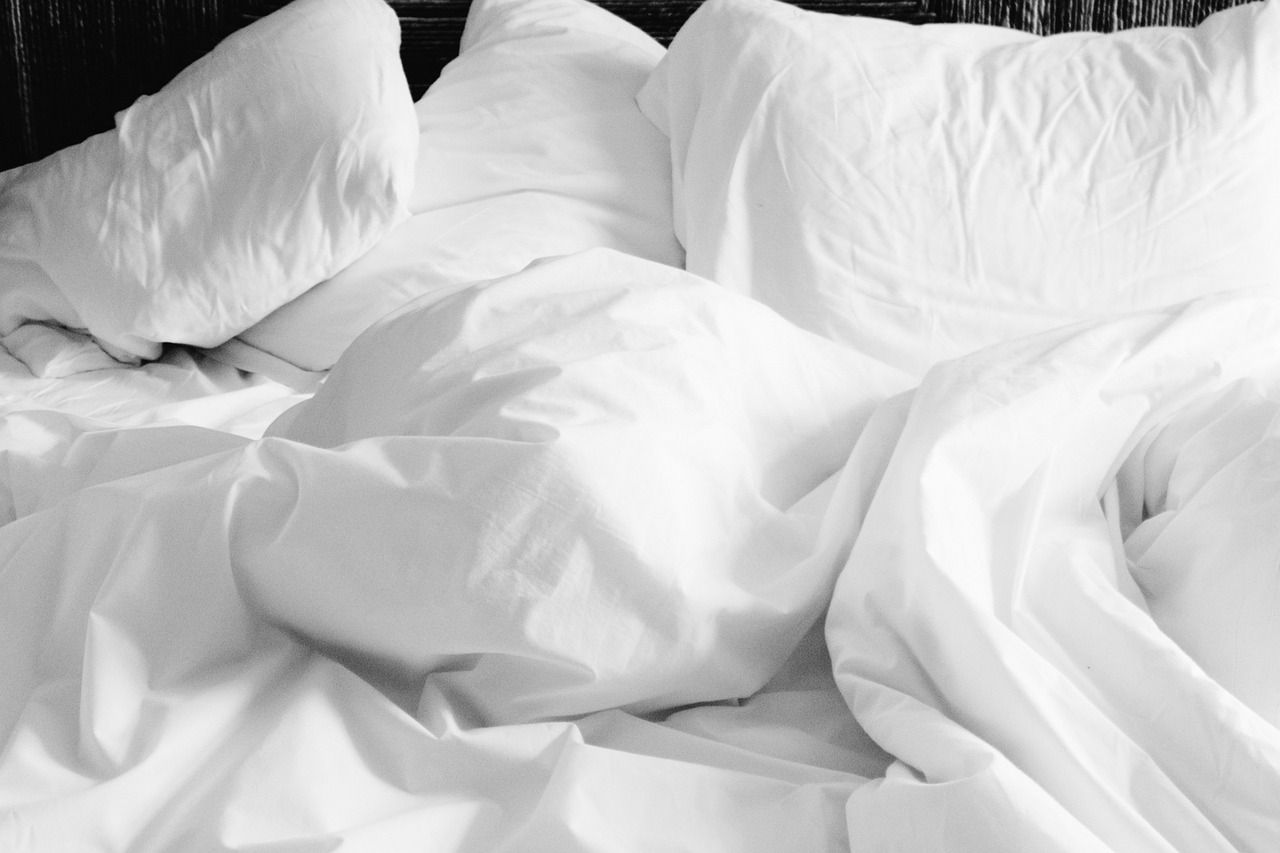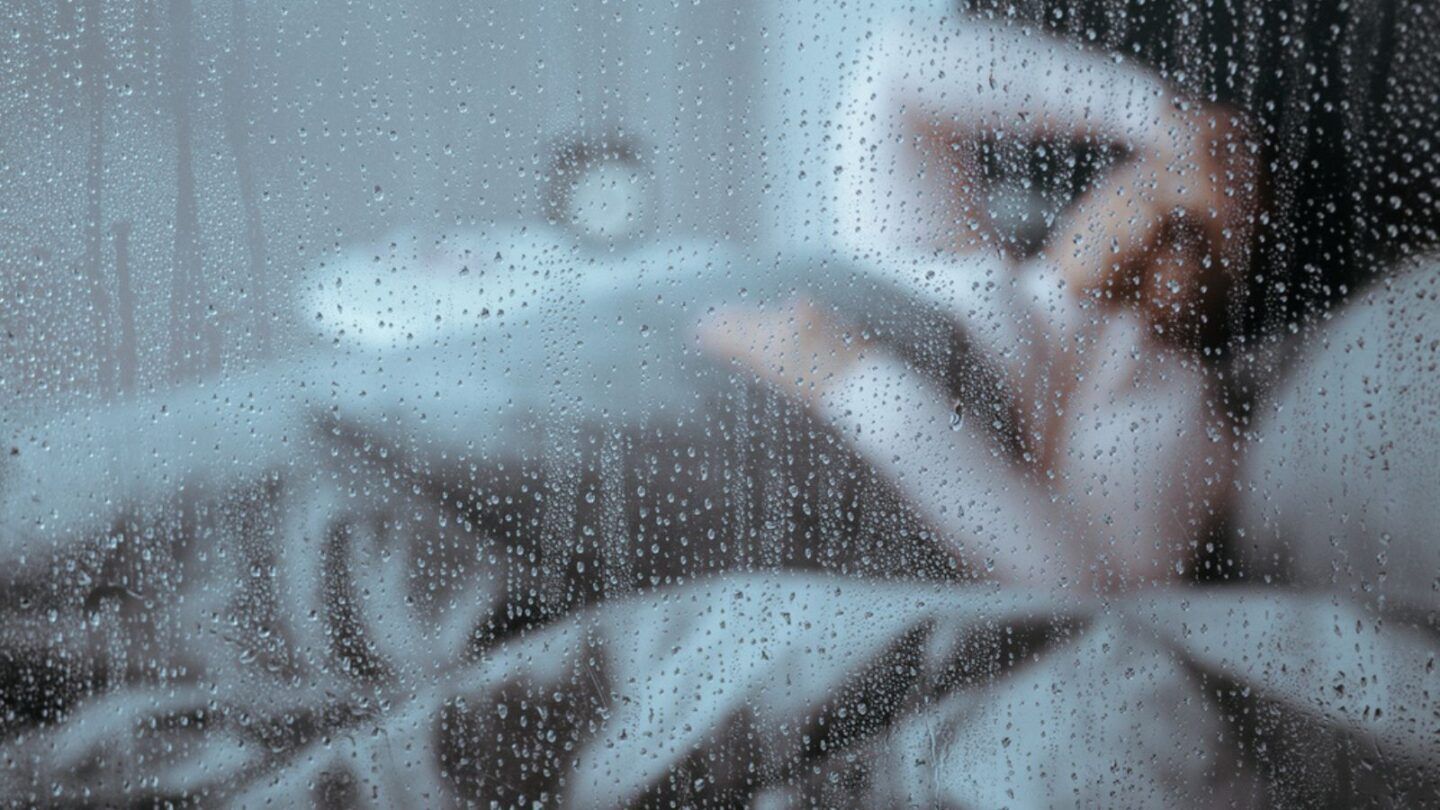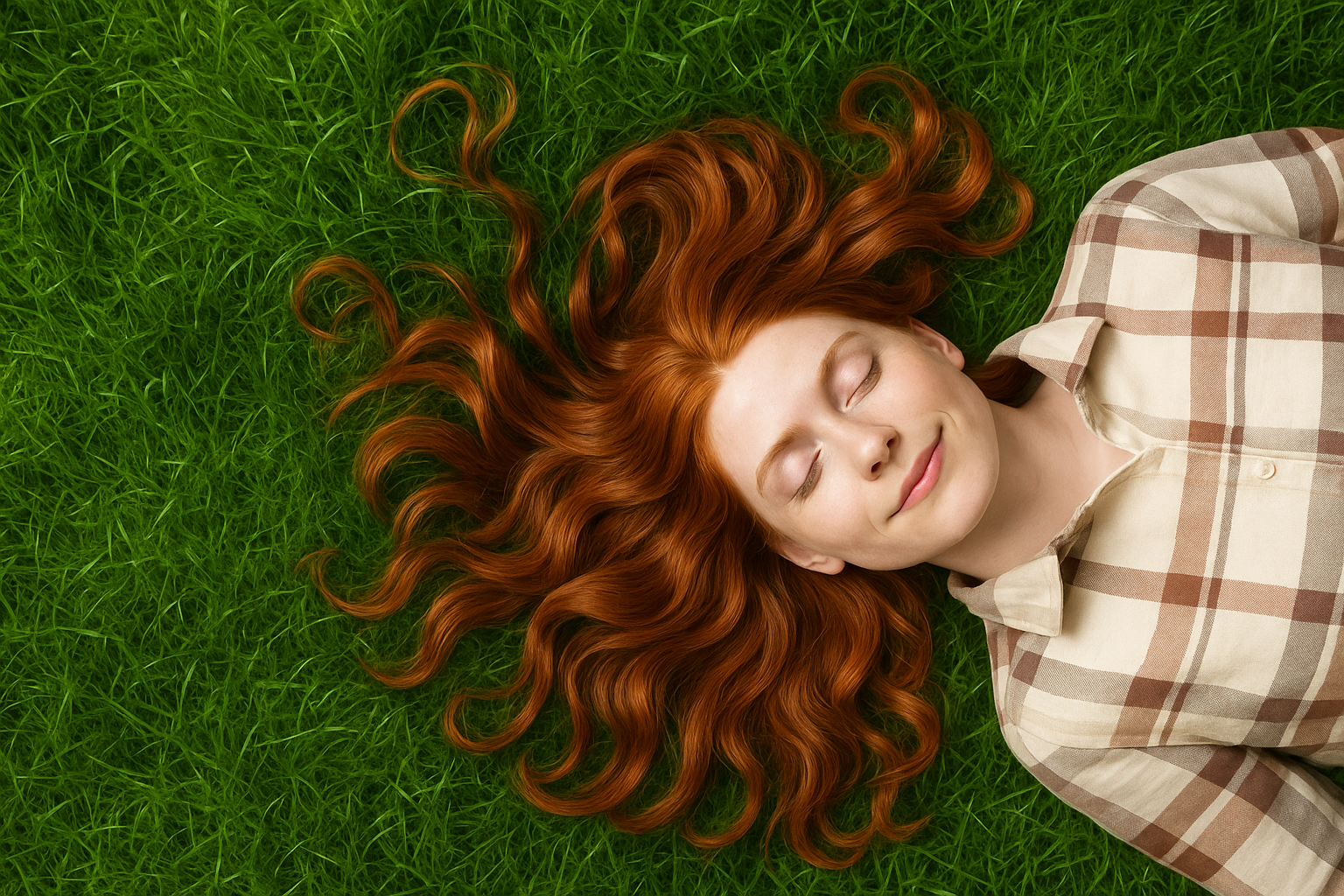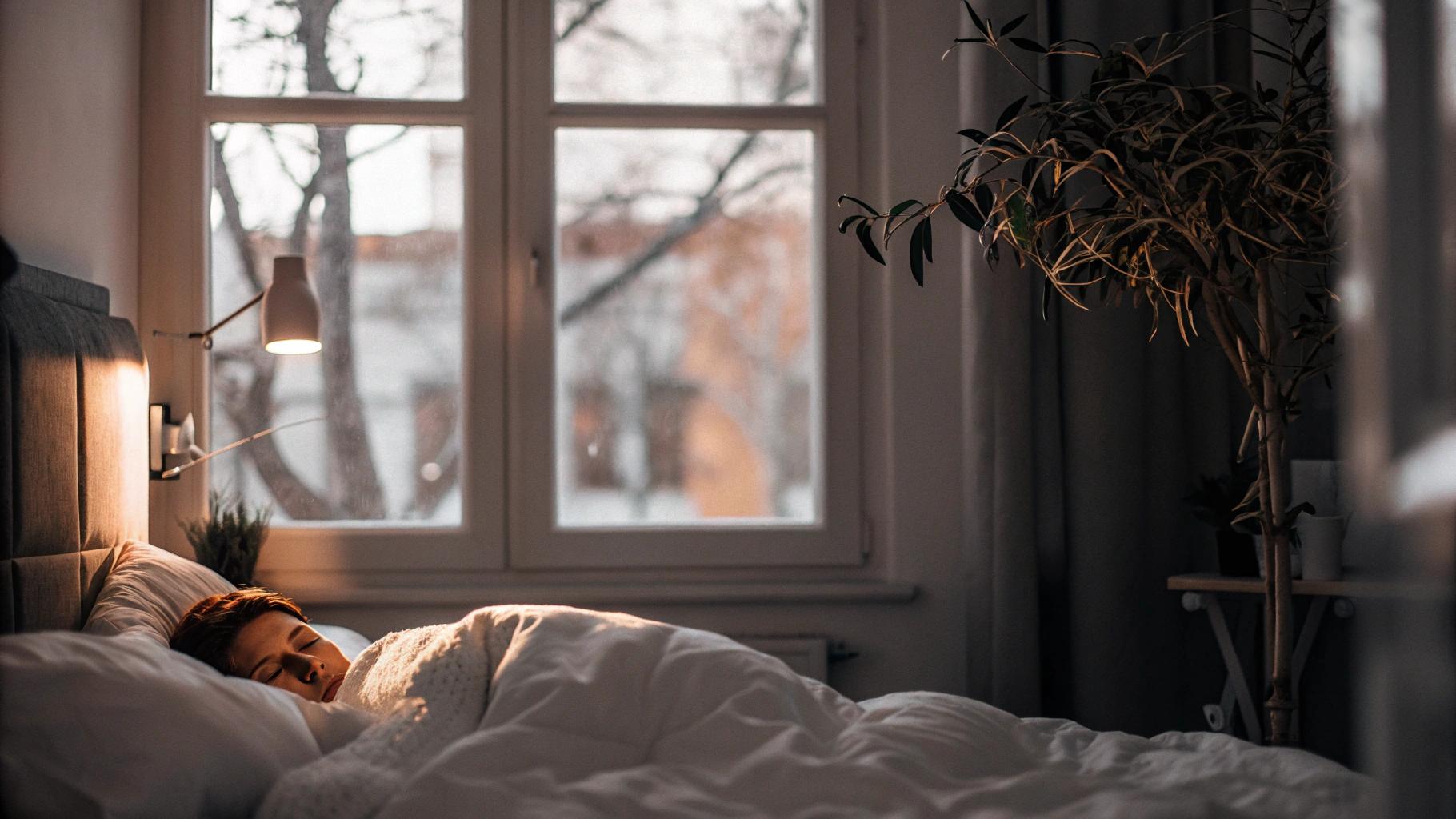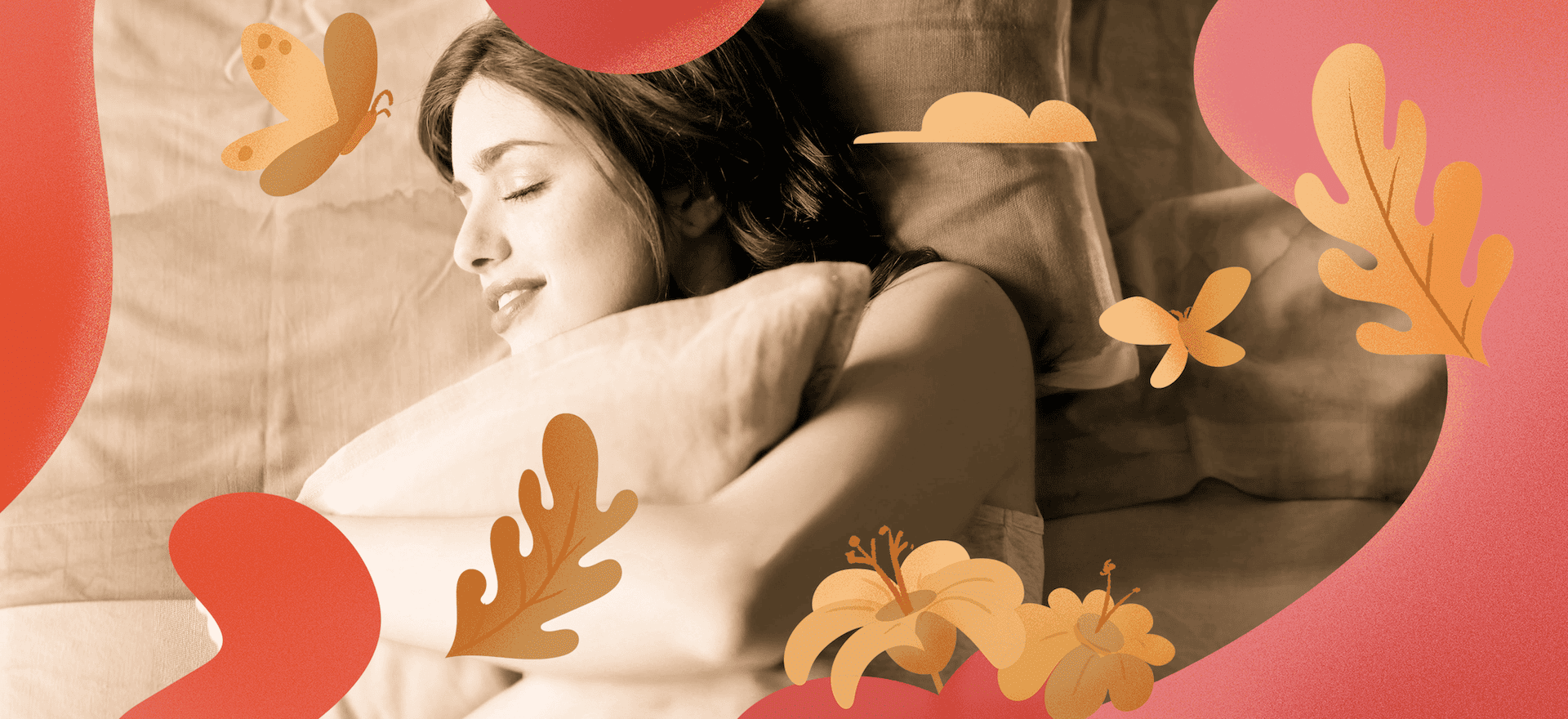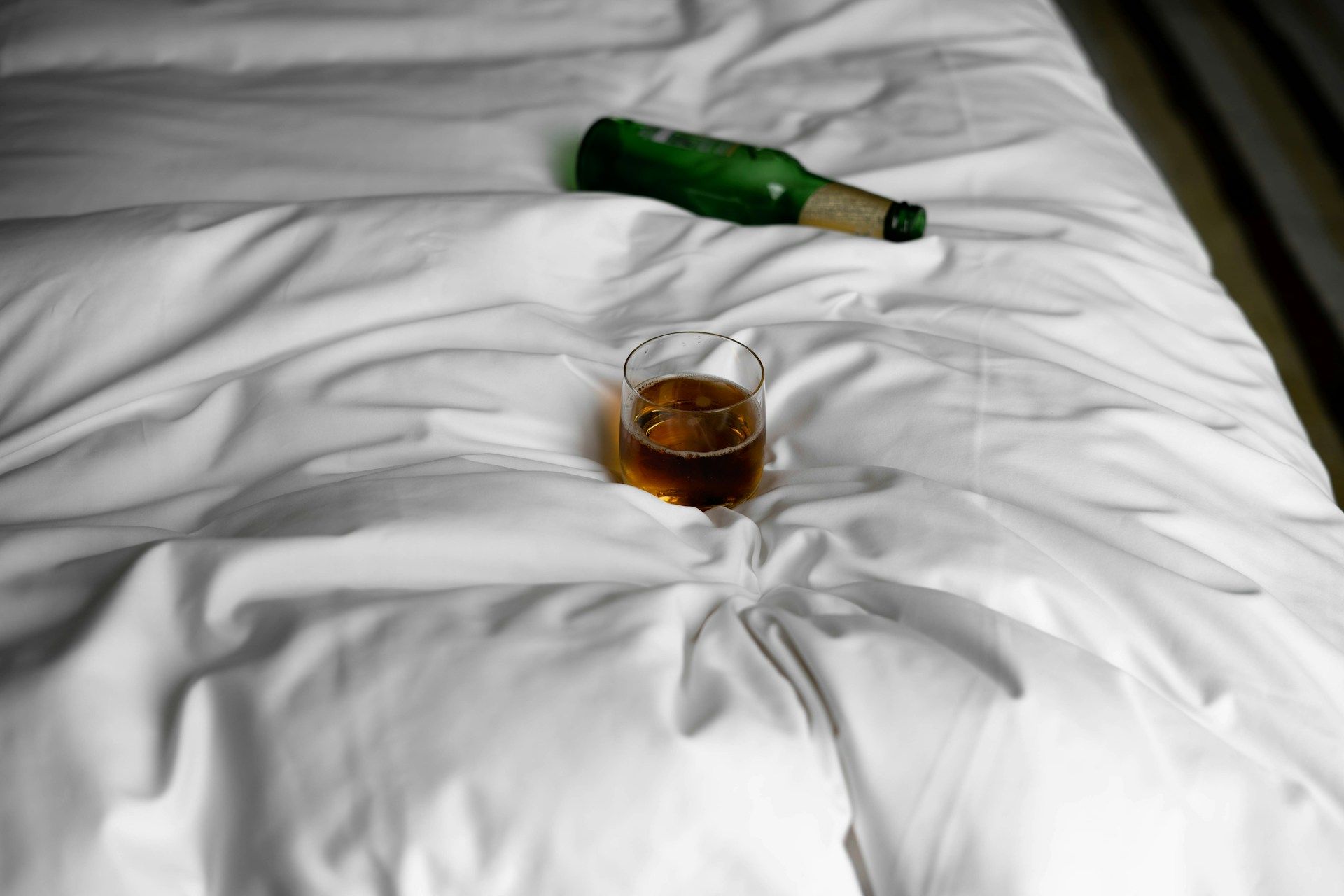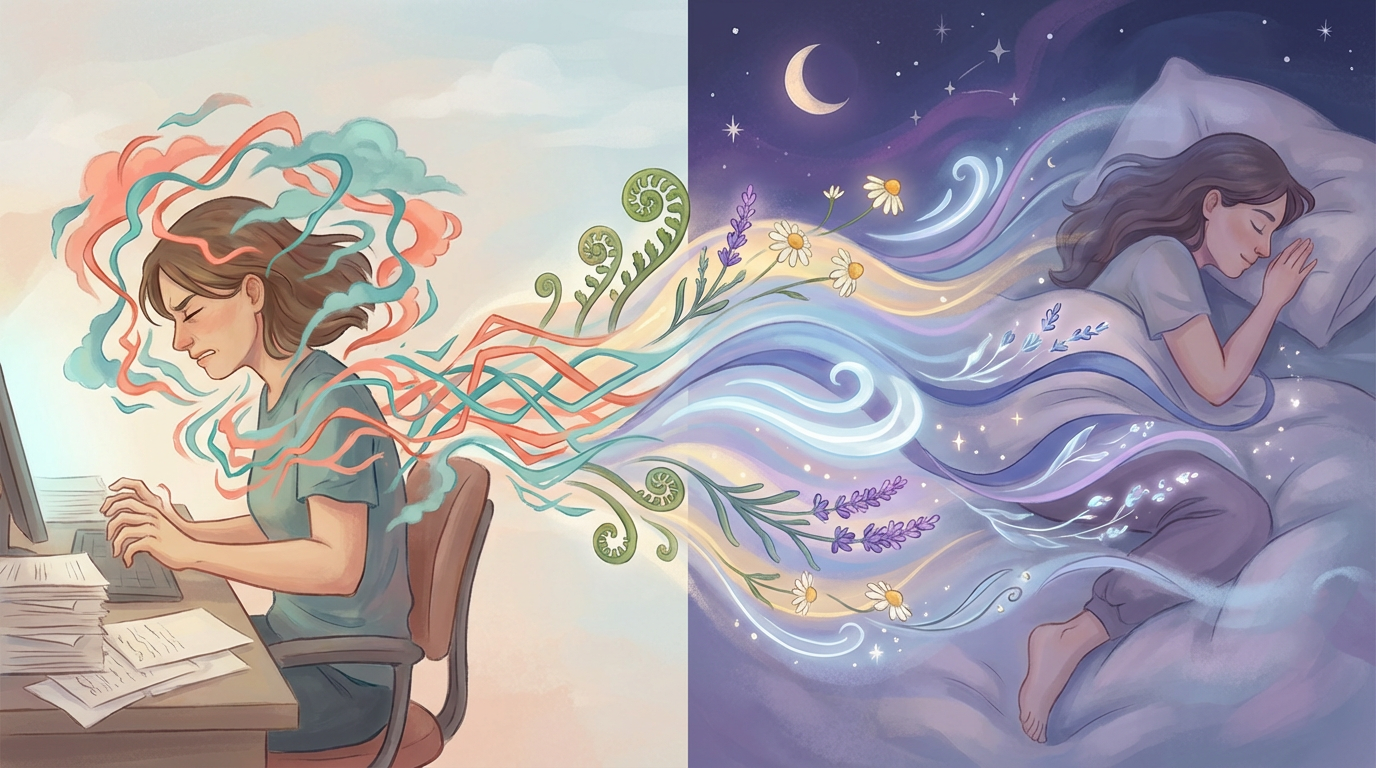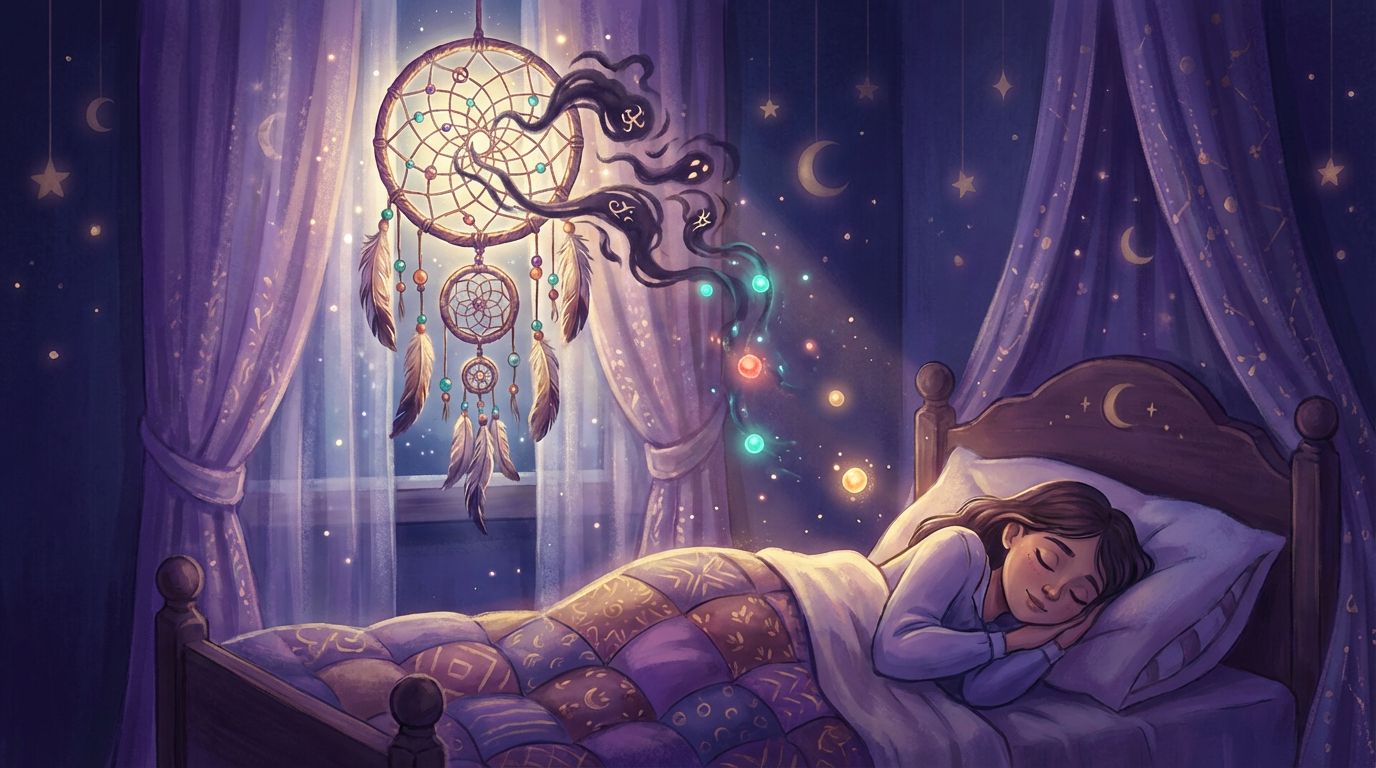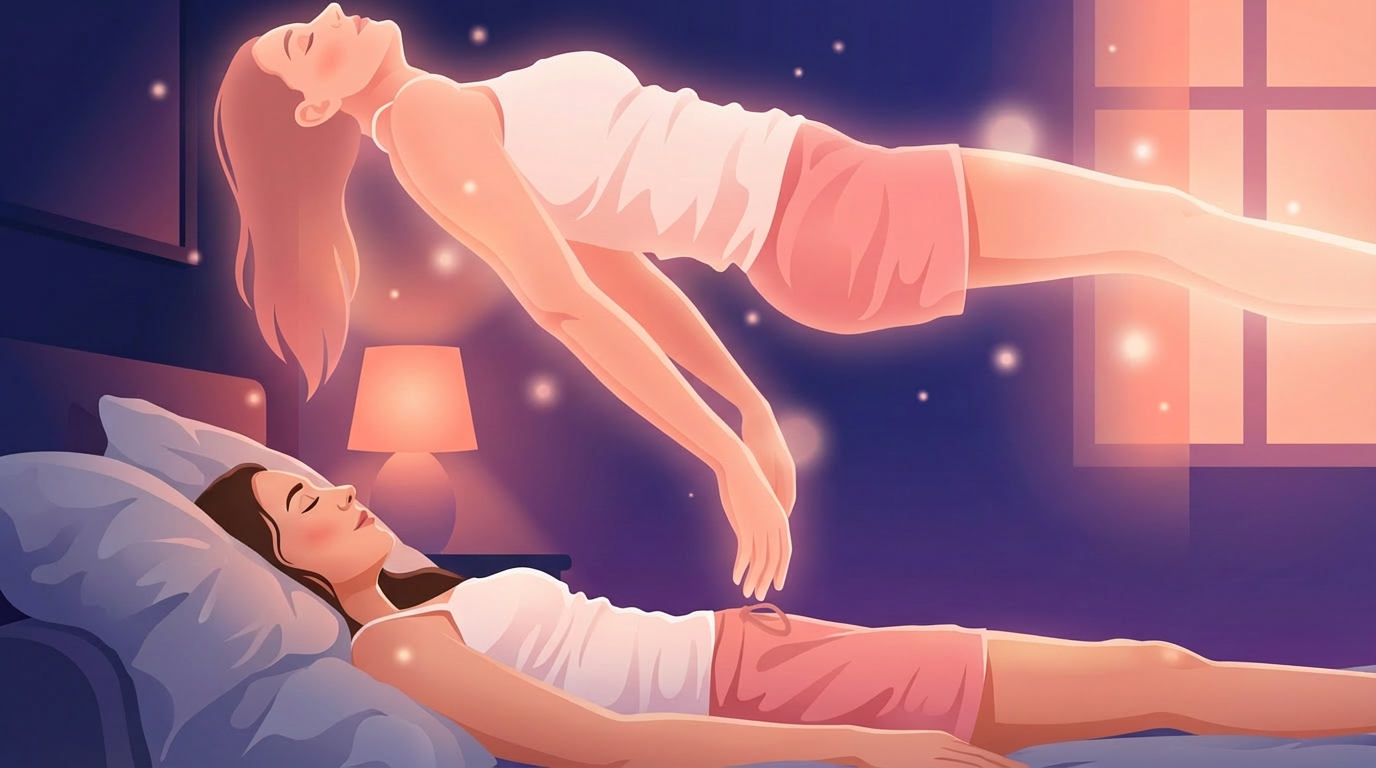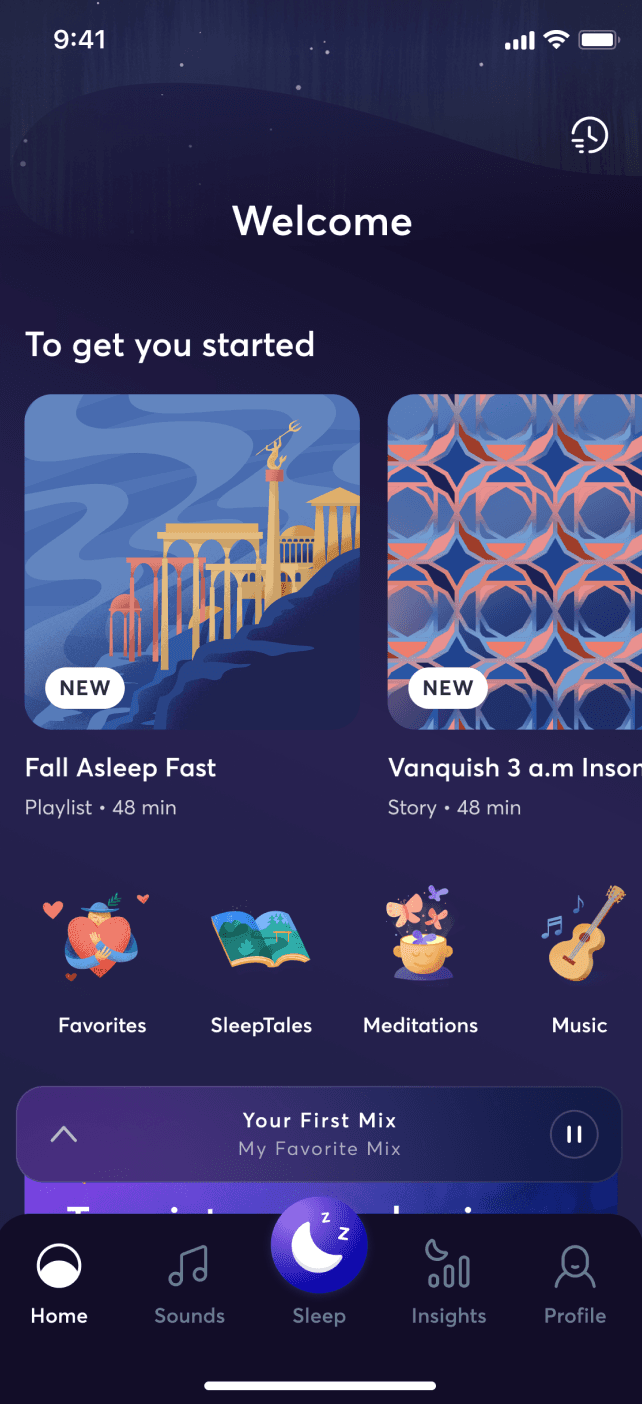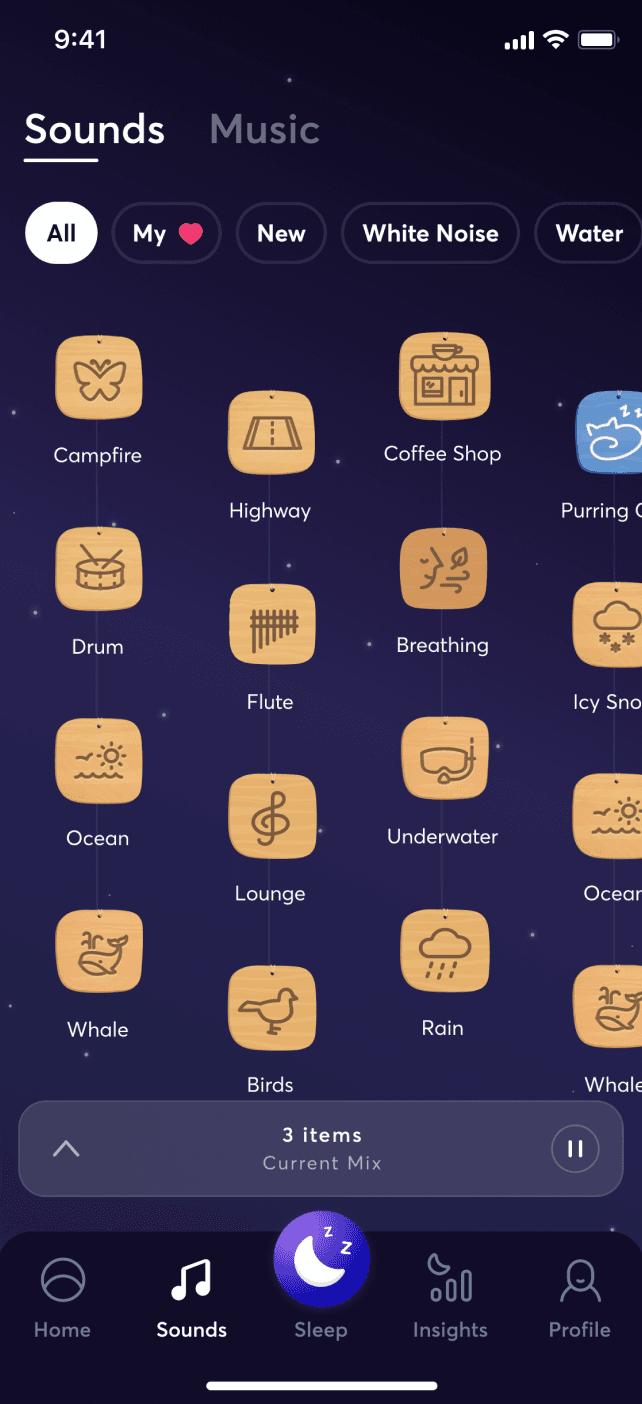
Can Pink Noise Really Help You Sleep Through the Night?
There are different ways people can perfect their sleep environment. Your sleep environment includes lighting, temperature, bedding, pillows, sound, and more. Many people add soothing sounds to their sleep environment to help them relax.
Different sounds make the brain react in particular ways. Some popular sounds may be sounds of nature and rainfall. There are different colors of noise, and their frequency range determines their impact on the brain.
If forest sounds and soothing music aren't helping you sleep better, try listening to neutral sounds. White noise has been discussed for its sleep benefits, but research now indicates that pink noise could be even better at helping you get the rest you need.
What does colored noise mean?
Noise can be used as one of the best forms of healing. Certain noises can ease your mind and increase your overall wellness if used correctly. Different noise colors consist of different properties that make them unique in sound.
White Noise
White noise describes the sound of every audio frequency played simultaneously with equal volume. This is the same way white light is created; white light is made up of every visible color on the spectrum.
You may commonly hear white noise in music with percussion instruments. The sound is often compared to the static on a TV.
What do people use white noise for?
Many people use white noise to help relax the mind before sleeping or concentrating on something. White noise helps mask or tune out other noises that may be considered distracting to the brain. If you're trying to get a good night's rest, but there may be some other noises that won't allow you to sleep, using white noise as a means of masking the sound can help you.
Pink Noise
Pink noise has been gaining much popularity lately compared to white noise. This sound is similar to the sounds of nature; rustling leaves, falling rain, and ocean waves. Pink noise is made up of all the frequencies the human ear can hear, like white noise.
The difference is the frequencies are not distributed evenly with pink noise. The higher frequencies are lowered, and the low frequencies are increased. Doing this creates a more relaxing sound. It may even sound flat or even to many people.
What is pink noise used for?
Like white noise, pink noise is excellent for background noise or mask other distracting ones. New research shows that pink noise is a great option for people with sleeping problems, like insomnia or sleep deprivation.
Pink noise is also proven to improve memory. One study published by Frontiers in Human Neuroscience suggests that older adults can get deep sleep and have a stronger memory by listening to pink noise.
Brown noise
Brown noise, and sometimes red noise, is rougher than pink noise. Brown noise is made of low-frequency bass tones. Remember how the higher frequencies are lowered in white noise to create pink noise? Well, those frequencies lowered even more create brown noise. You can compare this sound to low-roaring, powerful waterfalls or wind.
What is brown noise used for?
Like the other noise colors, many people use brown noise to help them sleep, relax, concentrate, or study. Brown noise helps you silence thoughts, making it easier to focus on something.
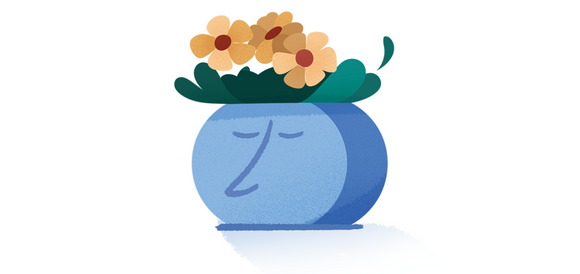

Blue Noise
Blue noise, also known as azure noise, is essentially the opposite of brown noise. Brown noise is comprised of bass. With blue noise, there is no bass; it's all treble. The higher frequencies in blue noise are amplified. This makes it an uncommon choice to aid in sleeping or relaxation—unlike pink, white and brown noise. You can compare this sound to the sound of a hissing water hose.
What is blue noise used for?
Sound engineers use blue noise during audio applications. Applying this noise to the audio helps smooth the sound and fades out any distortion in the audio.
Violet Noise
Violet noise, sometimes called purple noise, comes from visualizing where violet is on the color spectrum. This sound generates a lot of energy in the high frequencies.
Use of violet noise:
Violet noise isn't one of the best options for people who need added sound to help them sleep. The high frequency can be distracting to rest. However, this noise is great for treating people with conditions like tinnitus. Tinnitus is when people hear ringing in one or both of their ears. Violet noise can help mask the ringing sound.
Audio engineers also use this noise the same way that blue noise is used—helping with sound distortions and smoothing the audio.
Gray Noise
Gray noise is altered to be equally loud across all frequencies. What the sound of gray noise can be compared to can't be explained because it varies depending on the listener. Some doctors may use gray noise for the treatment of specific hearing problems.
White Noise for Sleeping Babies
If you've raised a baby recently, you may have turned to white noise to help get your little one through the night. An early study found that babies fall asleep more readily to white noise than a control group.
Many mothers now use sound machines to help their babies settle and fall asleep. The ongoing neutral sound may also help babies stay asleep because it drowns out other sounds that could otherwise wake them.


Should you use white or pink noise for sleep?
White noise for sleep:
For years, white noise has been the go-to choice for people who want to add sound to their sleeping environment. Using this sound can promote a better night's sleep. White noise works by blocking out outside noises that usually distract the brain, helping you stay asleep for longer.
One study found that adults who added white noise to their sleep environment were affected in different stages of their sleep. REM sleep, rapid eye movement sleep, is a vital rest stage. This deep sleep stage occurs in intervals ranging from 10 minutes and can last up to an hour.
REM sleep is important for dreaming, memory, healthy brain development, and more. Most people who suffer from insomnia or sleep deprivation miss out on REM sleep because their brains will not allow them to reach that stage. In this study, the people who used white noise 8 nights in a row received more REM sleep than those who did not.
White noise for sleeping babies:
If you've raised a baby in the past couple of years, you may have turned to white noise to help get your little one through the night. An early study on the topic found that babies fall asleepmore readily to white noise when compared to the control group.
Many mothers now use a white noise machine to help their babies settle and fall asleep. The ongoing, neutral sound may also help babies stay asleep because of the noise-draining properties of white noise.
If white noise can help babies and adults, it has to be the perfect noise for sleep, right? Well, recent studies have shown differently. Now that more is known about other frequencies of background sounds, white noise may not be the best option for you.
Pink noise for sleeping:
Pink noise has become an increasingly popular alternative to white noise for sleeping sounds. When you sleep, your brain creates shorter wavelengths. The reaction to pink noise allows the body to enter a state of relaxation and prepare for sleep. Faster brain waves typically occur during thinking or concentration.
Because pink noise emphasizes lower sounds, it provides a deeper rumble that many people find soothing. High-frequency sounds can be harsh on the ears. Sounds like this are usually typical in white and blue noise. Pink noise provides a deeper tone that is more relaxing for many people.
Other Benefits of Pink Noise for Sleeping
Promotes deep sleep
Studies show that pink noise promotes deeper sleep than just sleeping in silence. Many people sleep in silence, thinking that any added noise to their sleeping environment will cause them to stay awake.
Many people cannot experience deep sleep because their brains are constantly distracted by the sounds of closing doors, cars driving by, or even the air conditioner. Using pink noise can help mask these noises so they don't distract the brain and take away from your deep sleep.
Simplifies brain waves
Your brain waves are faster throughout the day because you work, think, and engage in different activities. To receive quality sleep, you must slow down the brain waves. Pink noise helps solve this problem by simplifying your brain waves. Doing this helps make your sleep more stable and prevents you from going to bed late or waking up in the middle of the night.
How to Use Pink Noise to Sleep Better
While pink noise is beneficial for sleep and many other factors, there are still some things to take into consideration while using it:
Volume
Although playing pink noise through the night may help you to go to sleep faster and stay asleep, it must be personalized. In other words, each individual should understand their body's sensitivity to pink noise and adjust accordingly. The volume that works for one person may not be the best for you.
Remember that the pink noise you add to your sleep environment should be used as a mask to drain out other unwanted noises, like a snoring partner or cars in the street. If your brain receives the sound of pink noise as triggering or distracting, you should try adjusting your volume setting.
There is always a possibility that playing any noise on a high level can eventually be labeled as distractive by the brain.
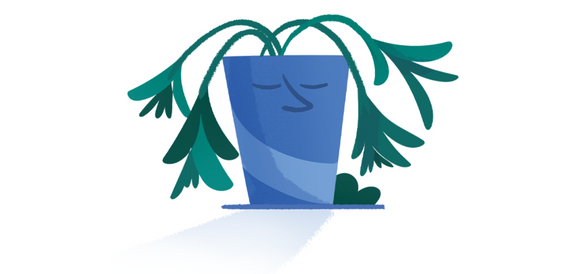

Practice better sleeping habits:
Doing the necessary things to help get better rest is important. While pink noise is great for helping you sleep, it can't put up a big fight against poor sleeping habits. You should try doing the following so you can receive the maximum benefit from pink noise:
Get a sleep schedule
Going to sleep and waking up at the same time every day will help improve the quality of your sleep. Even on your off days, it's important to keep your body on a schedule so that the next few days of rest are not affected.
Avoid caffeine before bed
Caffeine disrupts the circadian rhythm. The circadian rhythm is the body's internal clock that helps you go to sleep at the same time every day. You should avoid caffeine late before bed and watch your daily intake.
Avoiding things like nicotine and alcohol before bed is also important. These things are considered stimulants and can keep you awake for much longer.
Limit your naps
The more naps you take during the day, the harder it will be to fall asleep at night when you need it. Taking long naps during the day can ruin your sleep schedule. If you must nap, take a power nap that lasts no more than 30 minutes.
Put down the electronics
Electronics are another thing that should be avoided at least 2 hours before bedtime. The blue light from TVs, cell phones, and computers can slow down melatonin production. You may want to watch your favorite show before bed, but this can also stimulate the brain, making it difficult to sleep.
If you need a way to wind down before bed, try relaxation meditation, listening to calming music, reading a book, or journaling. All of these practices can aid in relaxation and improved sleep.
Get rid of bright lights
Bright lights, especially artificial ones, can stimulate your brain and give you a hard time when trying to fall asleep. Particular light negatively affects the production of melatonin. If you need lights while sleeping, try using a night light that promotes comfort and relaxation—helping you sleep better.
Watch your food intake
You should try to avoid heavy meals before bed. These heavy meals can keep your system awake trying to digest them. If you are hungry before bed, go for water or a light snake.
Creating a nighttime routine:
Creating the perfect nighttime routine is great for when you use pink noise. This will help set the atmosphere and prepare your body for restful sleep. Some everyday things that people include in their nighttime routine are:
- Meditation
- Stretching
- Breathing
- Soothing sounds
When it comes to meditation before bed, many people use relaxation meditation techniques that promote rest:
- Body scans
- Loving-kindness meditation
- Mindfulness meditation
You can even include pink noise while doing your meditation. If you have ever done guided meditation in a group of multiple people, you may realize that some of them use pink noise sounds to aid in the relaxation of the atmosphere. Pink noise sounds like rain, a waterfall, ocean waves, or thunder can complement your meditation.
The BetterSleep app has many options to choose from for both meditation and pink noise. You can choose from sounds of nature or just steady, pink noise on its own. The app also allows you to adjust the levels that you hear. As far as meditation options, there are hundreds to choose from. Many of the meditations available on BetterSleep are great options for promoting relaxation and are great to use before bed.
When you start to pair the use of pink noise and meditation together each night, you may find yourself drifting off into a slumber.

